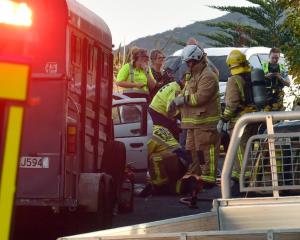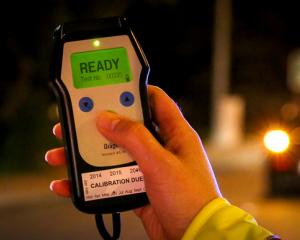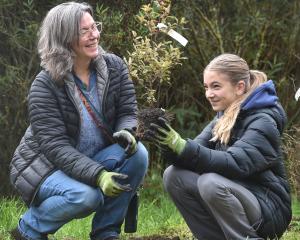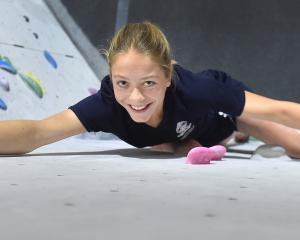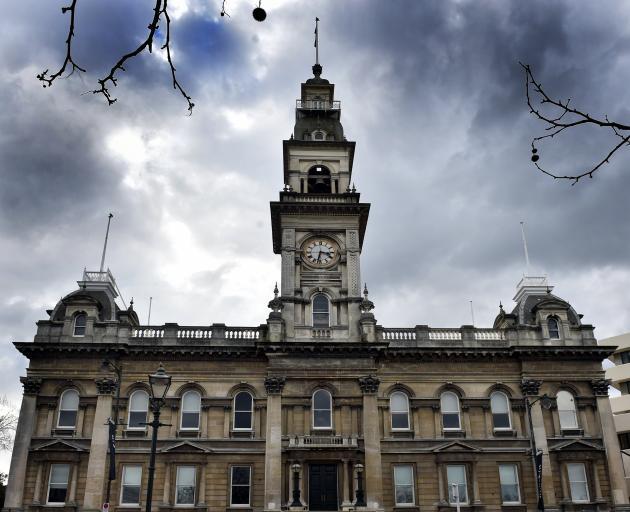
Cr Sophie Barker said it was hard to imagine two runanga from the Dunedin area, or tribal council, withdrawing from a partnership with the city council over differences of opinion about Three Waters reform if the relationship had previously been sound.
"It has turned into a really ugly situation," Cr Barker said.
"What on Earth brought us to this place?
"It comes down to leadership and communication [with councillors]."
Kati Huirapa ki Puketeraki and Te Runanga o Otakou pulled out of the council’s Maori participation working party after councillors decided last month to join Communities 4 Local Democracy, a group of 32 councils opposed to key aspects of the Government’s reform programme.
Ramifications from the runanga response include doubt being thrown on how major council projects and strategies will advance.
Council chief executive Sandy Graham said in an email to the mayor last week projects that ranged from detailed design for a central city makeover to a climate-related programme designed to shore up the future of South Dunedin had been placed on hold.
The council did not clarify the status of various projects yesterday.
Cr Barker said pressure was being applied on councillors to change their minds about joining the collective of councils pushing for the Government to rethink its plan to create regional water service entities that would take over control of activities from councils.
Iwi would have a governance role with the entities and Communities 4 Local Democracy has been criticised for its lack of engagement with iwi such as Ngai Tahu.
Cr Chris Staynes said that was a real problem.
He could see why mana whenua would feel affronted by the council signing up with a group that had been "hardly trying to engage with Maori".
He said there had been misunderstandings about asset ownership, but Ngai Tahu had been clear it had no interest in owning water assets.
Dunedin Mayor Aaron Hawkins said the relationship with mana whenua was the city’s most important, but the 8-7 vote to join the protest group represented the council walking away from that relationship.
Runanga were holding the council accountable "for the mismatch between our words and our actions", Mr Hawkins said.
Councillors are to vote again on the issue on Tuesday.
Kati Huirapa ki Puketeraki chairman Matapura Ellison and Te Runanga o Otakou chairwoman Rachel Wesley said mana whenua had contributed expertise, time and goodwill to Dunedin for decades.
Withdrawal from the working party resulted from harm done to the relationship by the council’s decision to "support a splinter group that doesn’t meaningfully recognise mana whenua input".
The council’s working party was established as a councillor advisory panel to foster greater understanding of Maori needs and enable more involvement in strategic decision-making.
However, councillors have sometimes commented they remain in the dark about the working party’s activities.
Aukaha board chairman Edward Ellison said the consultancy remained committed to working with council staff on behalf of the two runanga.
"Where we have the support of the runaka, we will continue our involvement on work programmes which affect mana whenua values within the city boundaries, and on workstreams which are currently contracted," he said.
Aukaha was in contact with Ms Graham about the implications of the situation between the runanga and the council, he said.
"We have made steps towards continuing working together in a way that is mindful of the traditional authority of mana whenua within the city."
Mr Hawkins said it would take time to rebuild the relationship with mana whenua, but the city’s commitment to Treaty of Waitangi principles remained.

